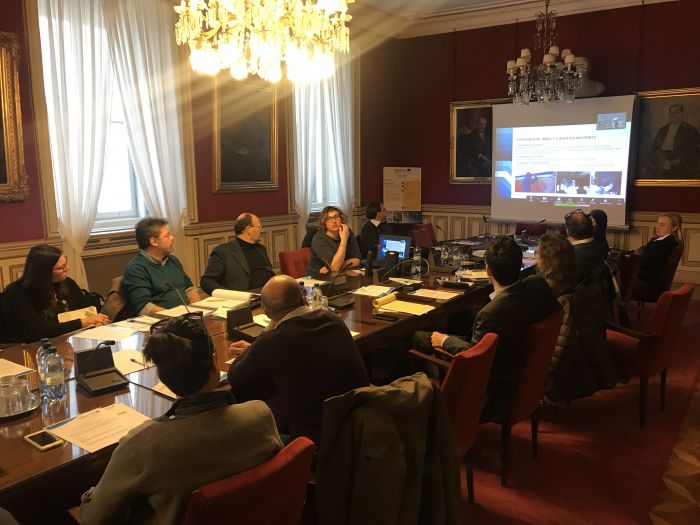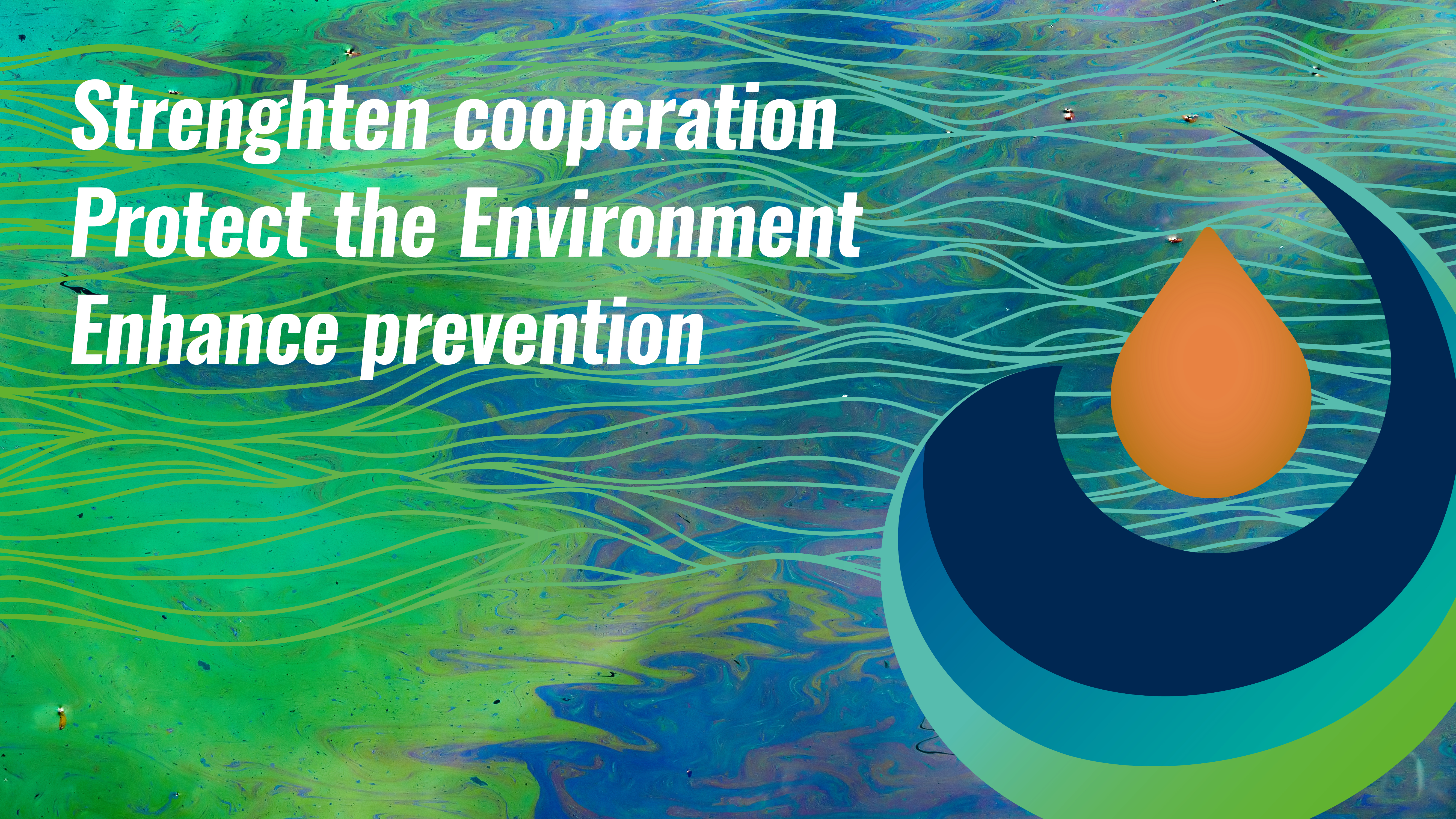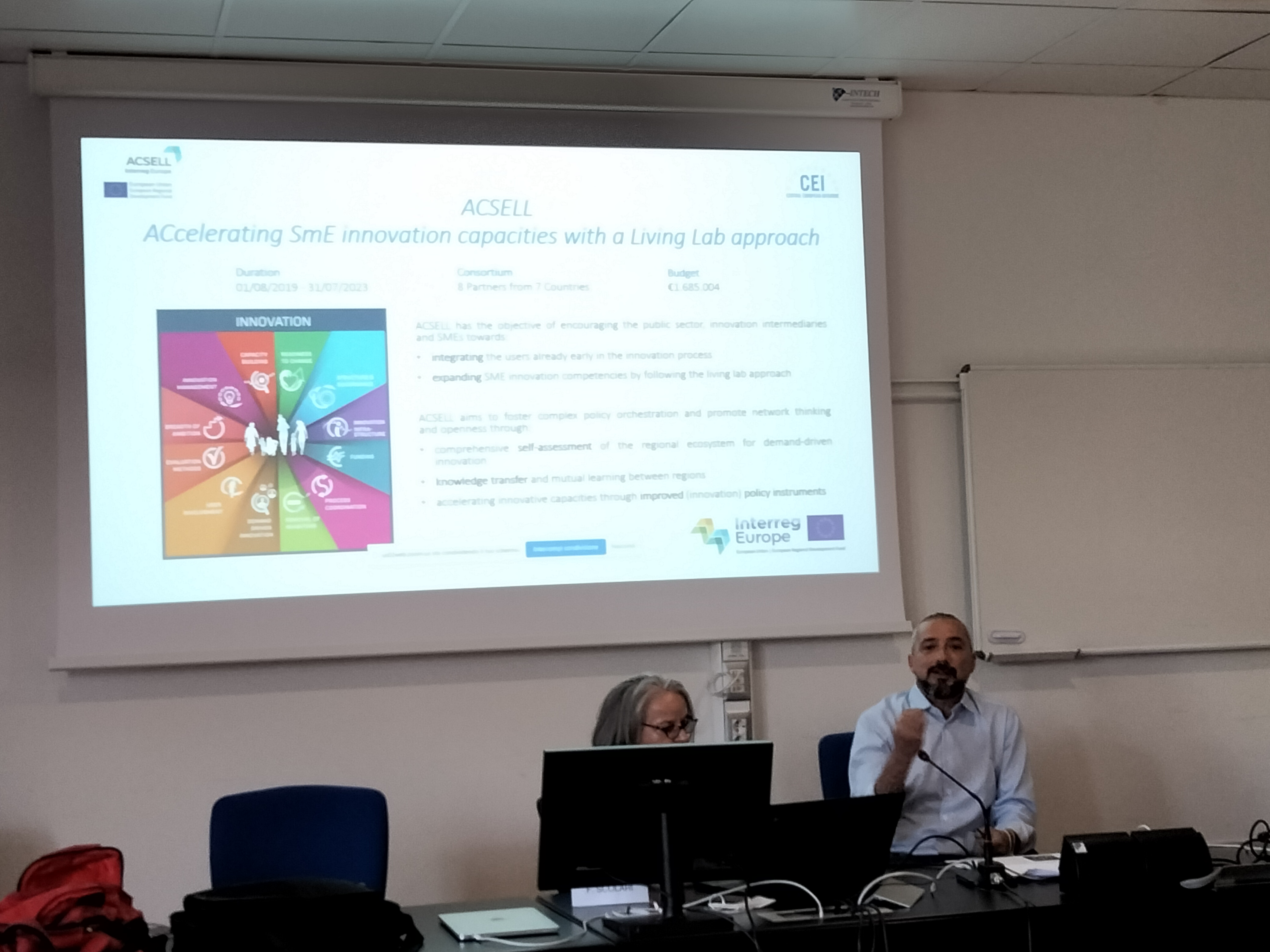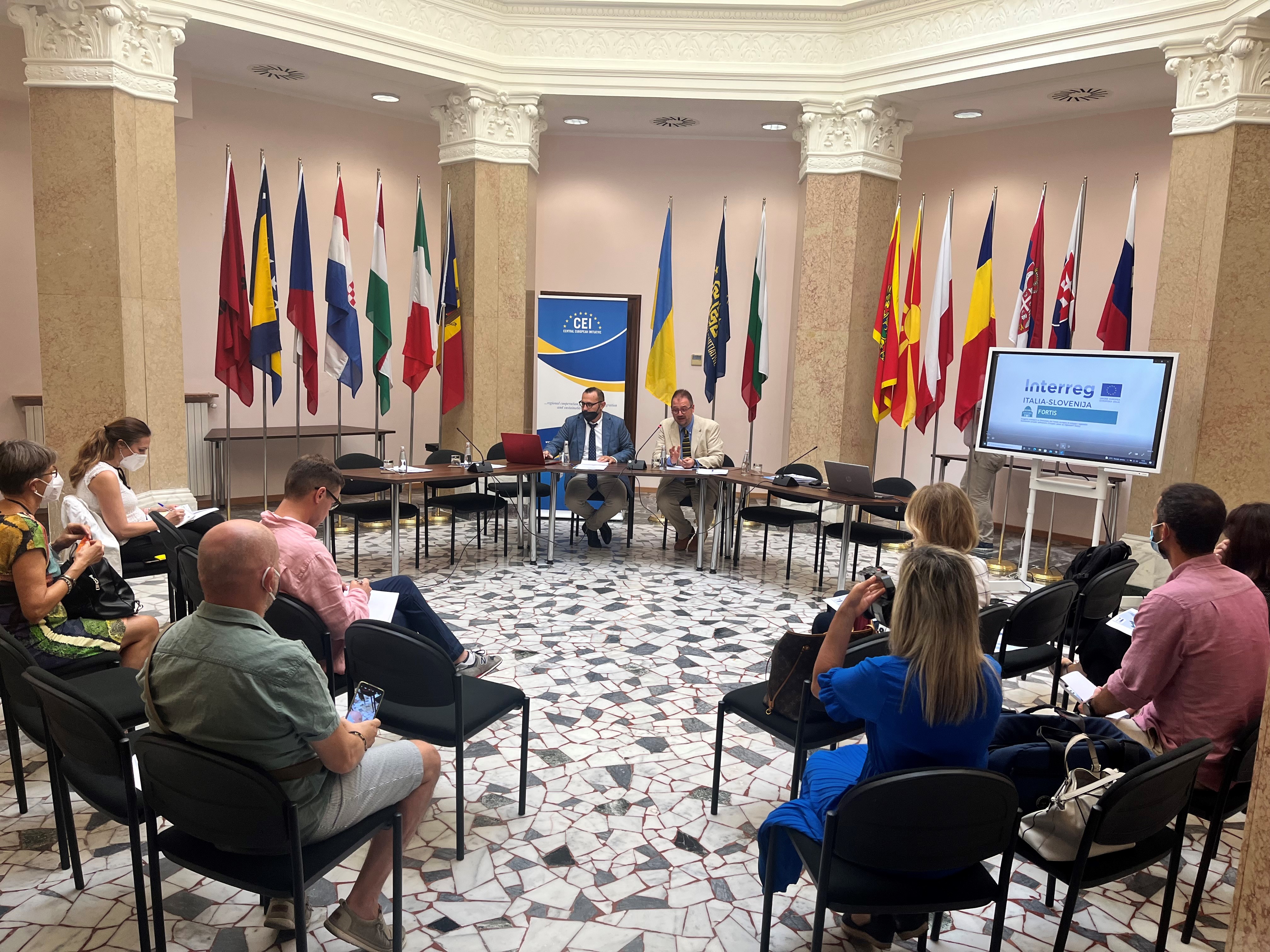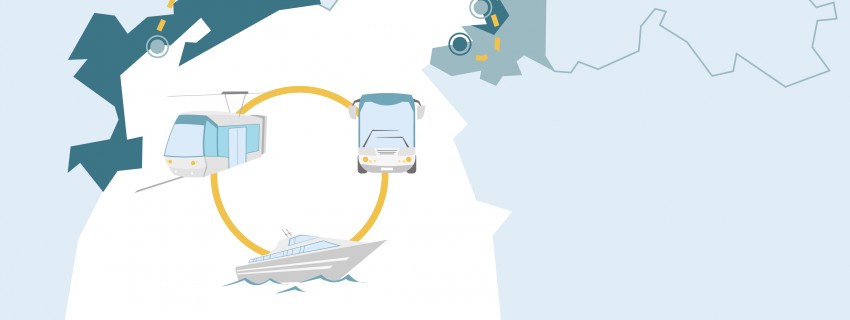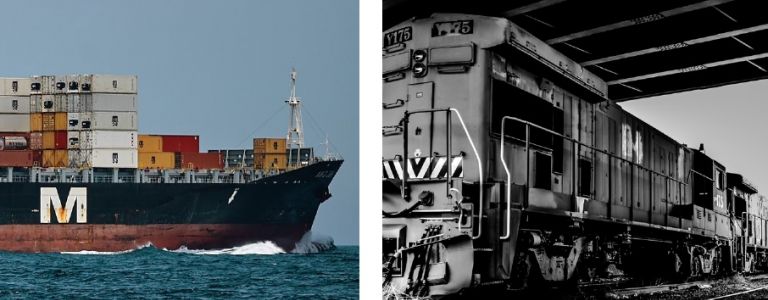On 15 February 2019, the first Blue Scenario Workshop of the BLUE_BOOST project was held in Trieste, at the headquarters of the Chamber of Commerce of Venezia Giulia. Addressing the topic of Innovative Solutions and Materials for Boatbuilding, the event gathered representatives from Micro, Small and Medium Enterprises (MSMEs) and research institutions active in traditional and emerging sectors of Blue Economy in Friuli-Venezia Giulia Region.
The first Blue Scenario Workshop focused on new frontiers, materials and innovative coatings for surfaces, with the support of expert speakers representing both innovative companies and academic/research centres, i.e. Politecnico Milano, National Research Council of Italy – CNR and AEP Polymers. Participants had the chance to talk about sustainable, eco-friendly and bio-based materials in boatbuilding, in particular with regard to wrapping and antifouling systems, as well as key benefits for their future development.
This thematic event allowed for presenting the overall opportunities for Blue MSMEs provided by the BLUE_BOOST project, especially regarding the upcoming transnational Call for innovation vouchers that will enable the co-developing of innovation projects in the amount of EUR 10.000 with Innovators and Knowledge Providers (RD&I bodies and “new innovation agents”, such as fablabs, co-working spaces, living labs, innovation hubs, etc.).
The workshop was jointly organised by ARIES, MARE Technology Cluster FVG and the CEI-Executive Secretariat. In the near future, two more Blue Scenario Workshops will be held in the fields of maritime transport and coastal protection.
BLUE_BOOST is funded under the Interreg ADRION Programme. It aims at stimulating, coaching and funding innovation within traditional and emerging Blue Economy sectors in the Adriatic-Ionian region. It is intended to enhance territorial cohesion among 7 ADRION maritime regions of Italy, Croatia, Albania and Greece, and to boost quadruple-helix potential through an open source, knowledge sharing, and community-based approach, resulting from cooperation between MSMEs, new innovation agents and RD&I bodies.

